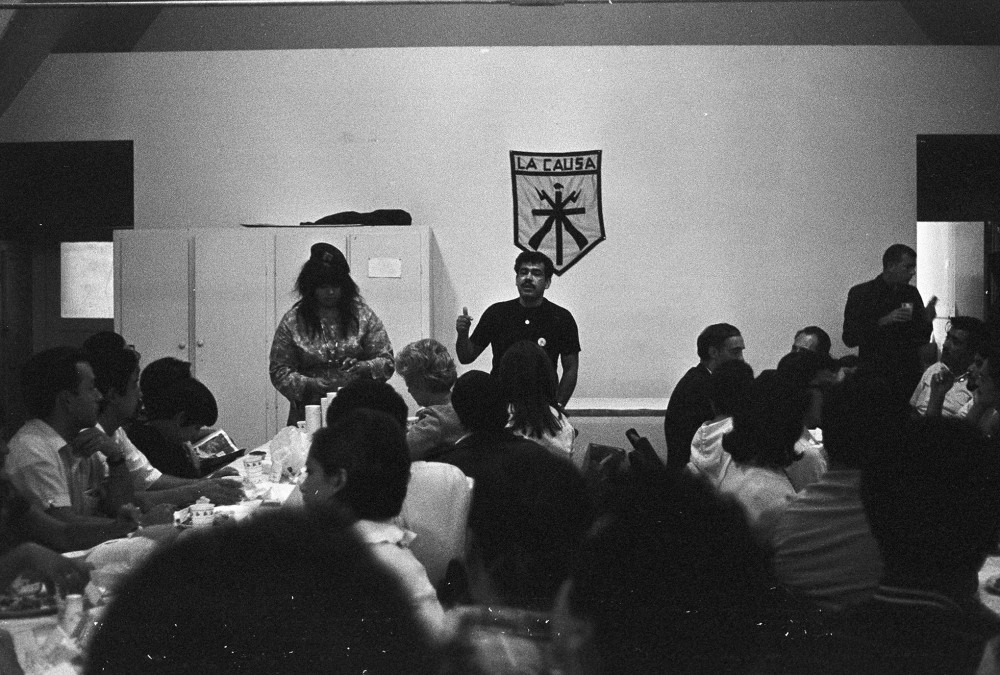California church recognized for role in Chicano movement

Lydia Lopez was demonstrating in a picket line in 1968 to support Mexican American educator Sal Castro, who had been removed from the classroom after participating in student walkouts protesting racism in East LA schools, when UCLA professor Juan Gómez-Quiñones told her of a party at the Church of the Epiphany.
Lopez loved parties, so she decided to go. The Episcopal parish, located in the Los Angeles neighborhood of Lincoln Heights, was embellished with papel picado. Lopez could hear mariachis playing. She recalled being overwhelmed with emotions as she saw how a place of worship embraced her Mexican American identity.
“I wept because I needed a place as a Chicana, and I needed a place as a Christian to call home,” said Lopez, who had gone years without being involved in a church after growing up in a Baptist church that she’d come to feel was too conservative.





